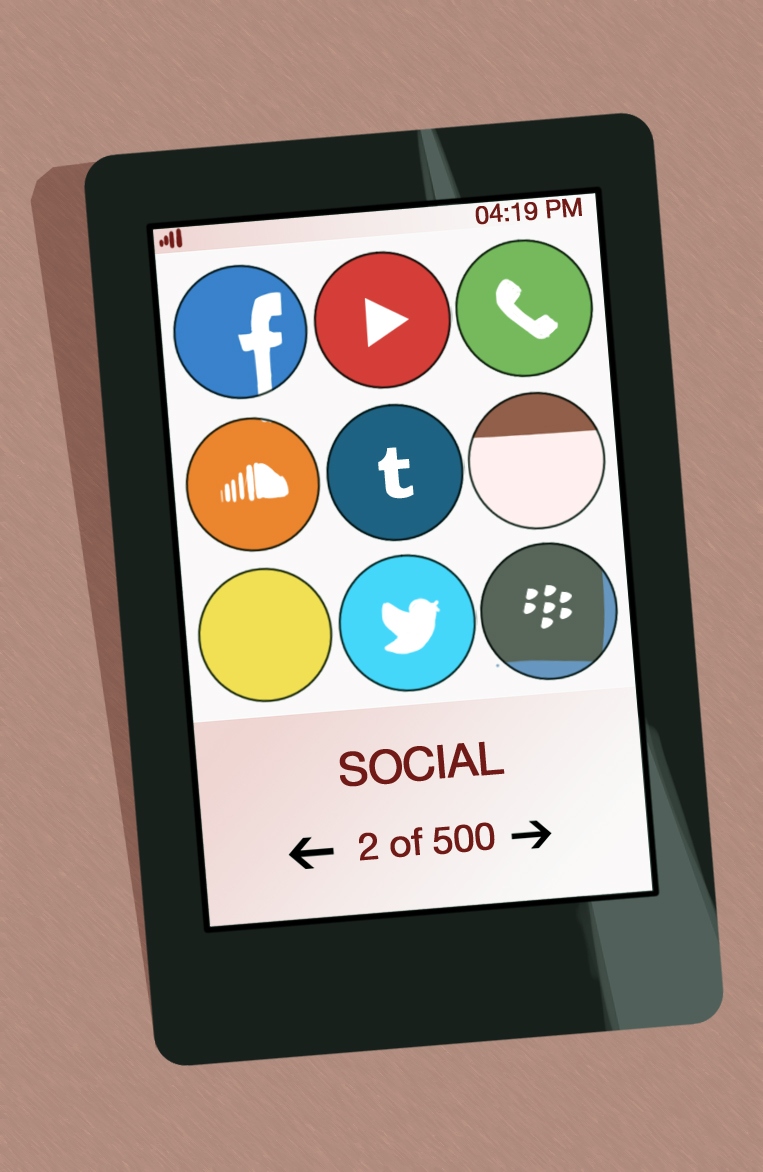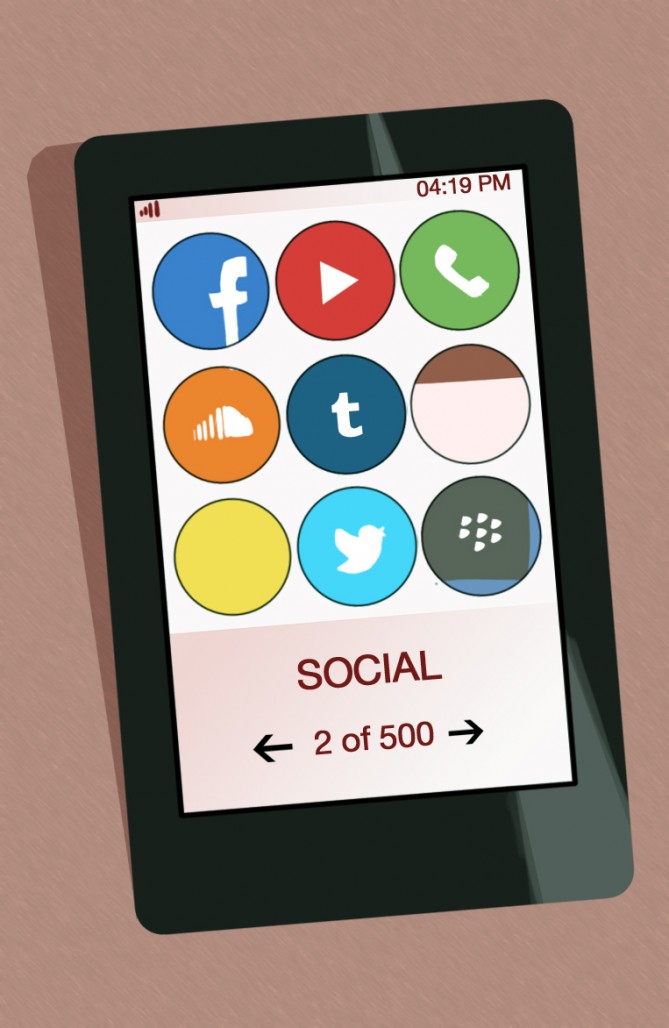A need for media literacy inan age of misinformation

In an age where social media is becoming more prevalent in our daily lives, it is necessary for consumers of digital media to understand the potential risks and consequences of endless consumption.

Digital literacy refers to one’s ability to critically analyze, evaluate and navigate the vast amount of knowledge seen daily online. With countless social media apps dominating the market – Facebook, X (Twitter), Instagram, YouTube, TikTok and more – the average viewer is inundated by hundreds of photos and videos each day.
Many of these push very specific narratives, either overtly, subtly or subconsciously.
When COVID-19 first sent everyone into lockdown, it wasn’t uncommon to see countless videos and factsheets asserting the validity – and often lack thereof – of PPE, vaccines and social distancing. A wide gulf grew between the old-staid scientific community and the lesser but still prominent view of detractors. The lines were blurred, causing individuals to sway in their opinion and widespread confusion for the general public. All these opinions paint a bewildering landscape for the general public.
Search any viewpoint across platforms concerning topics like politics, healthcare, conspiracy theories and more; you’ll find endless content in agreement with one side or the other.
What the internet often lacks is sources of credible data, unbiased information and clear direction on issues. It is often difficult to even determine if what you are watching is a paid advertisement.
The internet has spawned specific user groups with algorithms catering to any opinion, thought, belief or creed that anyone can contribute to. This is often done anonymously and without fear of repercussions. Whatever opinion you possess, the internet will connect you with like-minded individuals that can drive you further down one rabbit hole.
Anonymity drives polarizing and sometimes aggressive opinions that can lead to a divisive online landscape. As an internet user, we all have a responsibility to maintain critical judgement, fact check when possible and post responsibly.
More recently, AI-generated text and realistic photos and videos have joined the chat to further muddy the waters. While programs like ChatGPT and Bard may seem trustworthy, the information they generate requires critical engagement in the same way beauty gurus, influencers and educational creators do.
So, what are some ways to ensure you’re using the internet in a responsible way? While it’s easy to take information learned from a TikTok or Tweet at face value, conduct your own research to see if the existing literature agrees. Read and learn about issues before jumping into the discussion.
It is also helpful to research the creator you’re viewing to see if they are a credible source in their field. For example, if you view a video providing medical advice when they have no relation to the field, it may be in your best interest to seek out further sources with proper training and practical experience.
Where will we be in five, ten or 20 years? The speed of the evolving internet will continue to increase, and none of us knows what the internet will look like in ten years.
In a space where there is little protection for the user, it’s necessary for each of us to take accountability and become responsible consumers of digital media.


